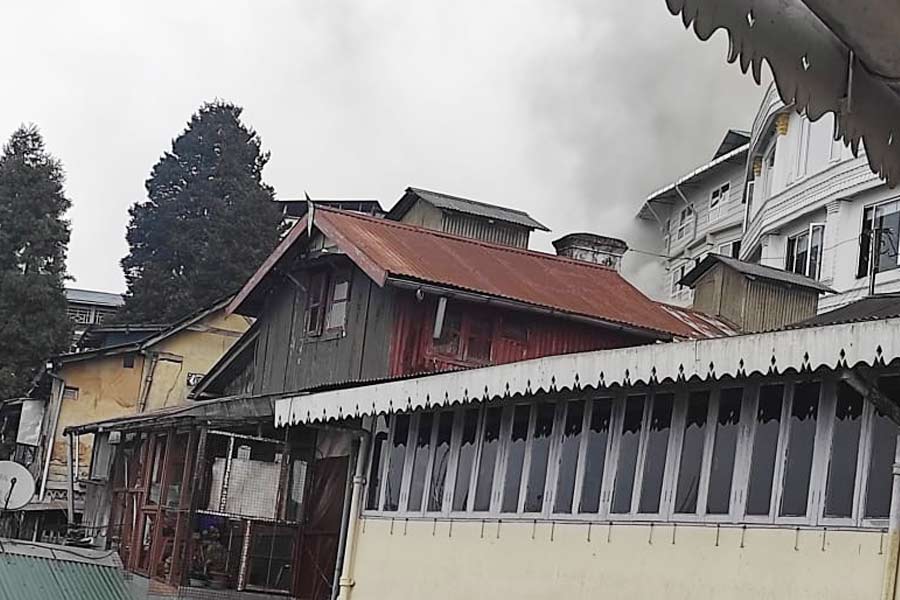The rice and wheat stocks of the central government have shrunk alarmingly by as much as 37 per cent in a year as rising food inflation signals growing shortages in the economy.
Wheat and rice stocks in government-owned godowns stood at 511.36 lakh tonnes on October 1, data from the Food Corporation of India showed. This is the lowest since October 2017 when it was 433.36 lakh tonnes. A year ago, there were 816 lakh tonnes of stock.
The minimum buffer is a three-month operational stock requirement which has to be maintained in addition to the strategic reserve of grains for domestic purposes and exports.
The stock position would be keenly observed as the government has extended the free food grain programme for three months with CPI (consumer price index) food inflation surging 8.6 per cent in September. There are concerns that heavy rain in late September could have impacted the standing paddy crops in Punjab and Haryana.
Sunil Kumar Sinha, principal economist of India Ratings and Research, said: “The worrying trend is an increase in wheat and rice inflation. Wheat inflation has been more than 10 per cent since November 2021 and paddy inflation has been on an increasing trend since February 2022 and touched a 64-month high of5.79 per cent in September.”
“The cereals inflation is expected to stay at elevated levels due to the erratic rains in the Gangetic plain and unseasonal rains in October 2022 which could impact both wholesale and retail inflation,” he said.
The monthly economic review of the finance ministry had said that there is no “room for complacency on the inflation front.”
Price pain
■ Foodgrain stocks down to 511 lakh tonnes in September from 816 lakh tonnes a year ago
■ Food inflation high at 8.6% in September. Centre has increased free foodgrain scheme for three months — triggering shortage fears











